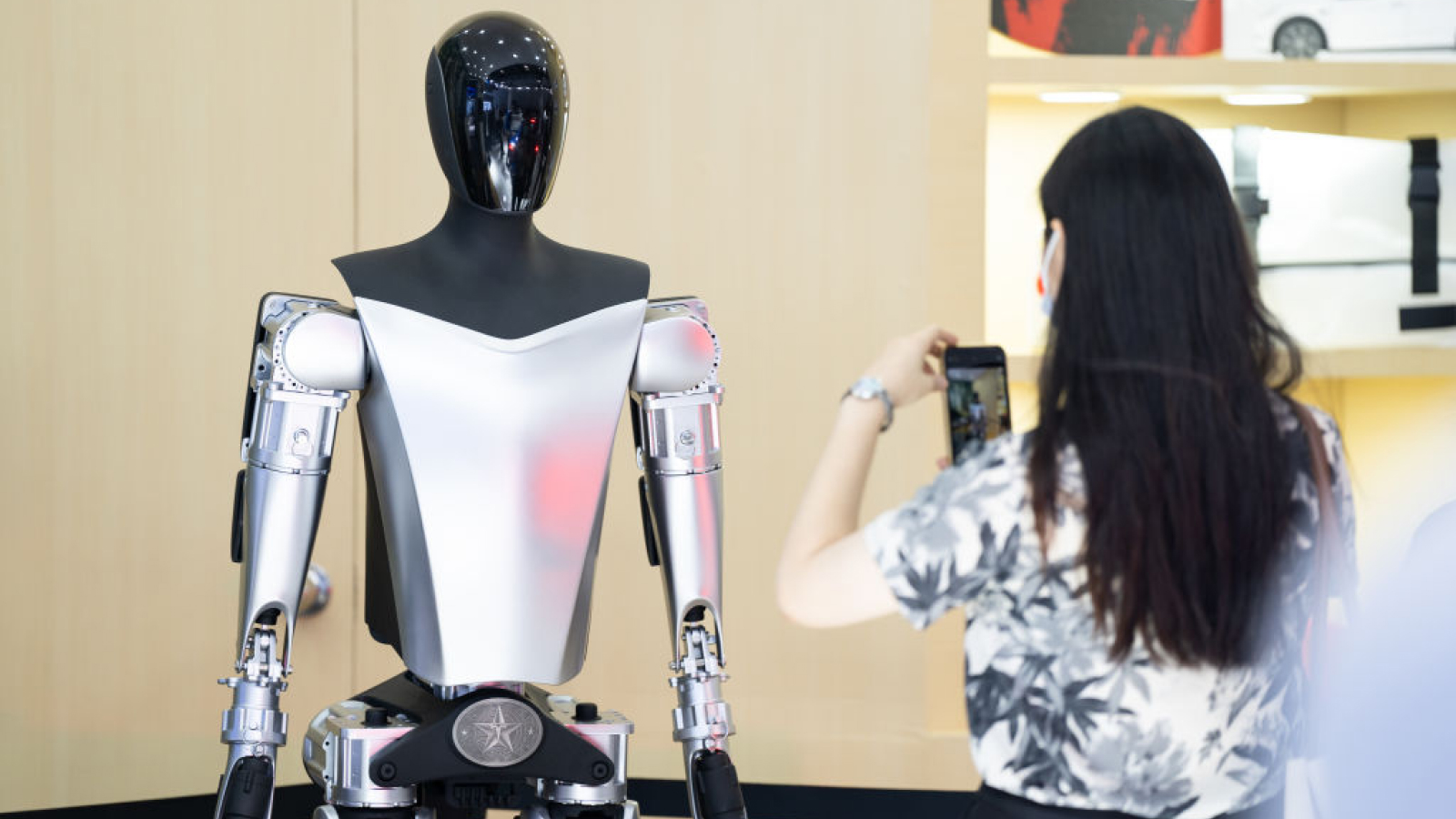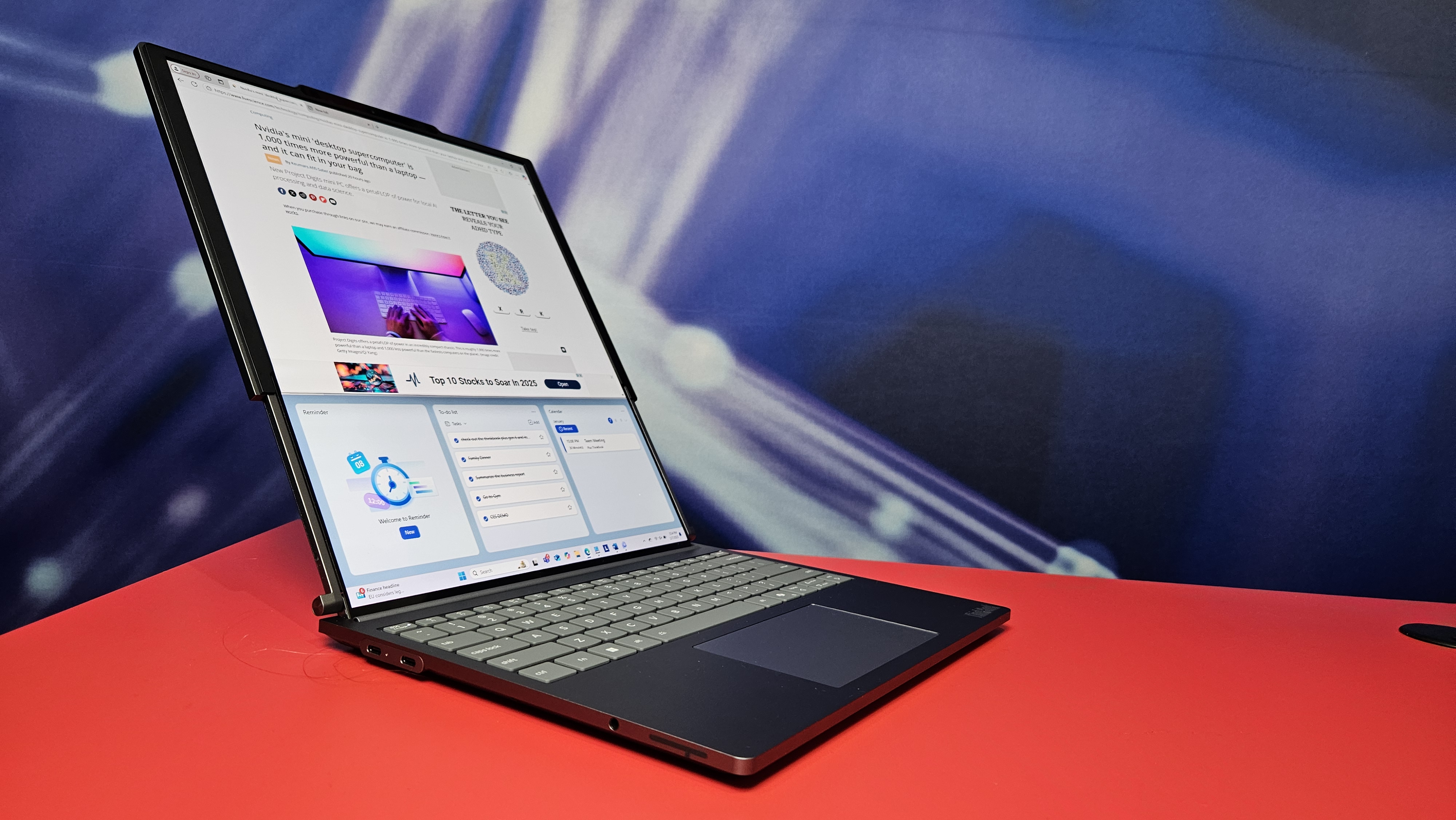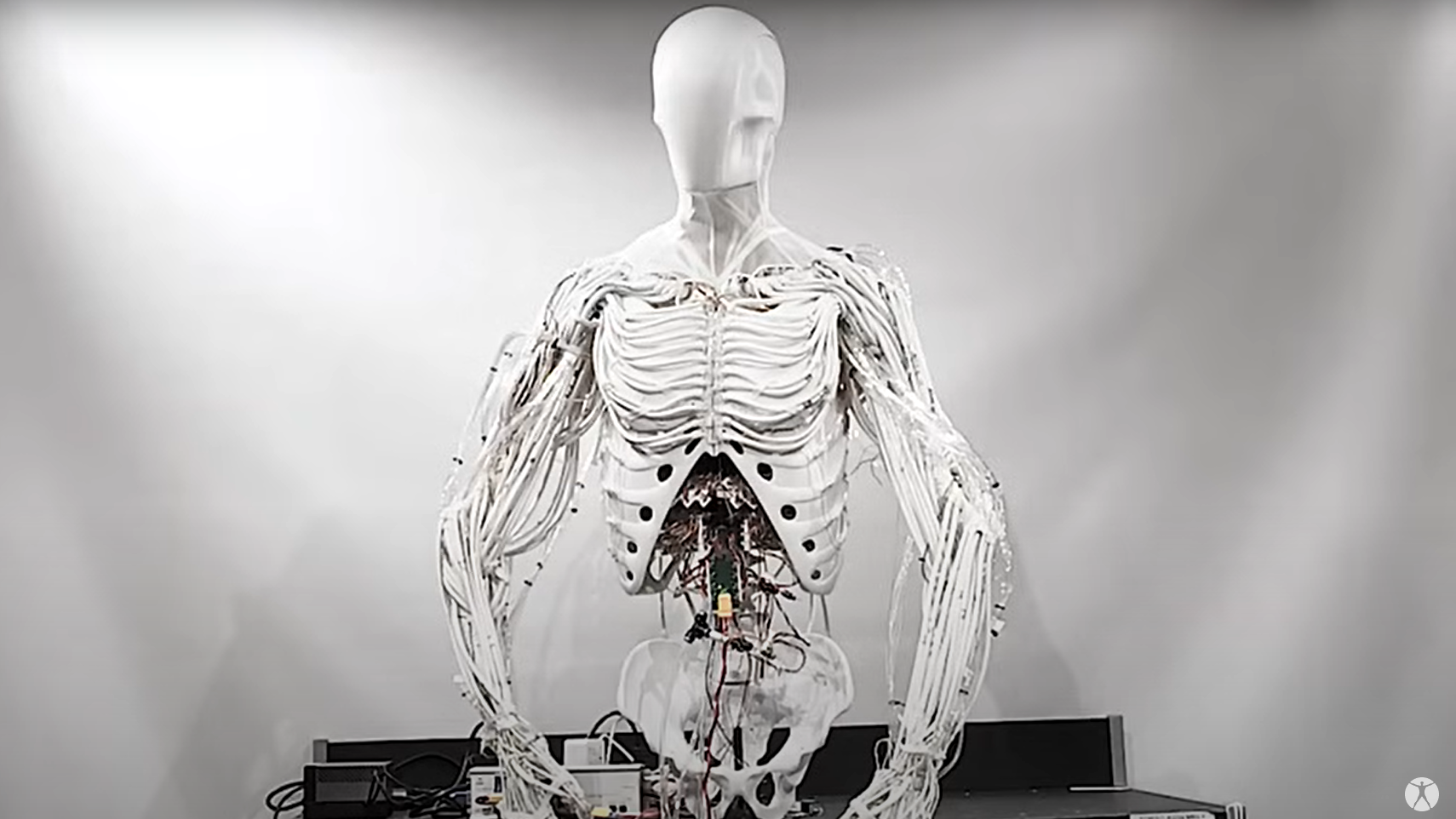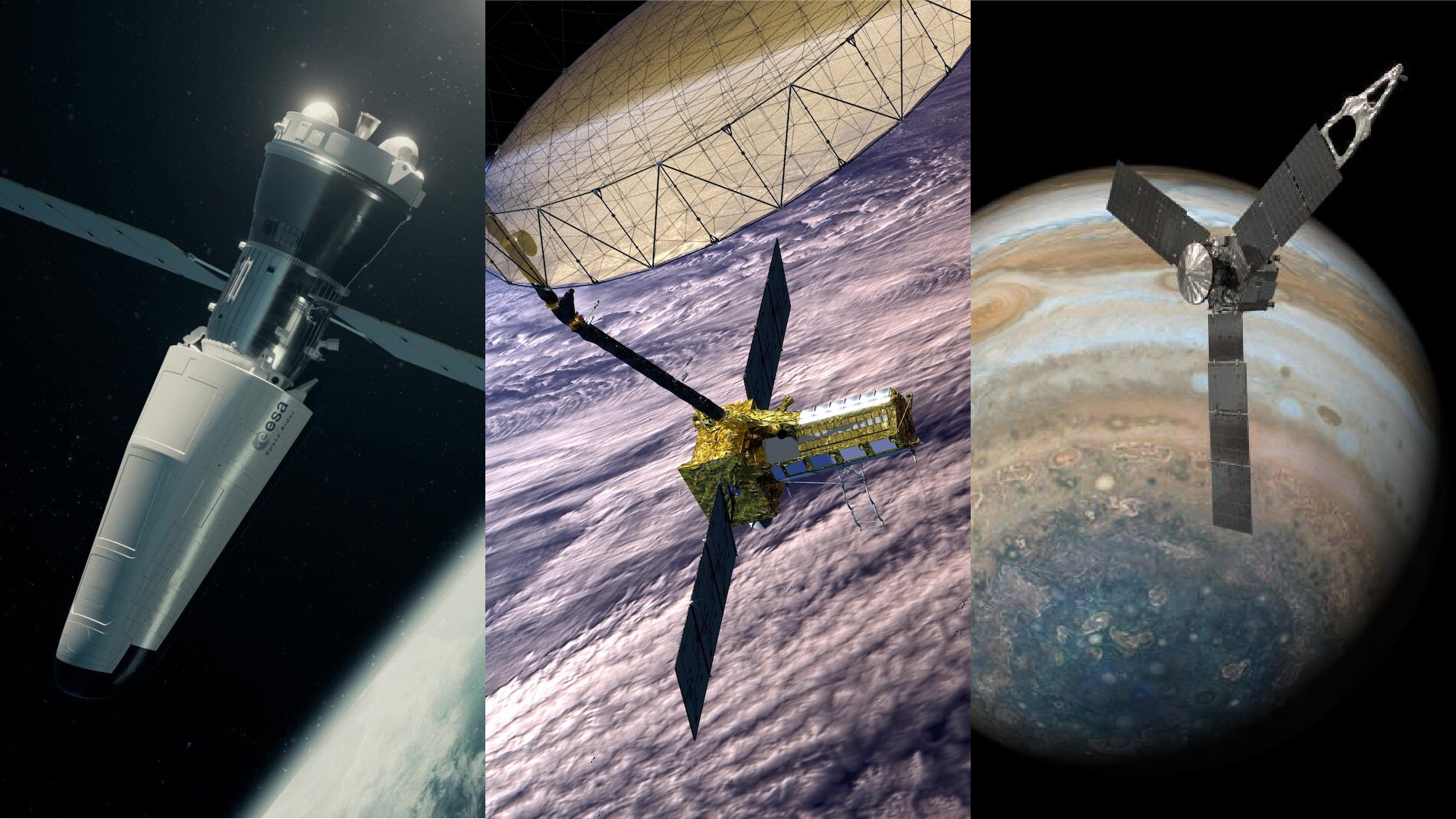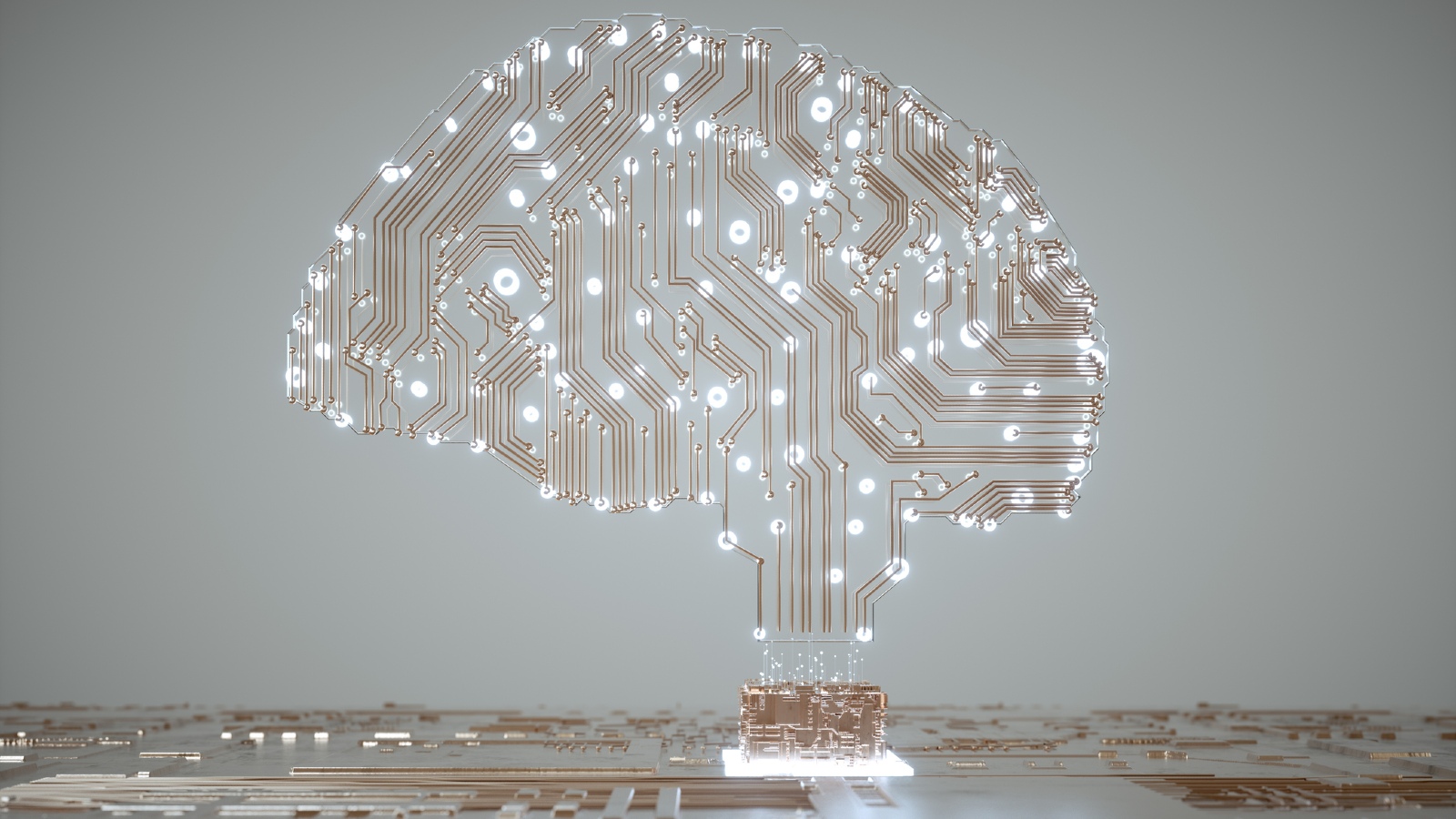Top 10 Disruptive Technologies

Top Ten Disruptive Technologies

Did the invention of the food dehydrator really change your life? How about the Internet? Some technologies have little impact on the world around us, while others are like major earthquakes on the seismographs of history.
The Internet

Most of us can remember that moment in the '90s when we first chatted online or listened to the blips and beeps of dial-up access. The technology behind the Internet was actually in place by the 1980s, but didn't gain a public face until the first "world wide web" site was published by Swiss-based laboratory CERN in 1991. The rest is history, which, like everything else, is all documented on the Internet.
Flight

With apologies to the balloonists and hang gliders of the 1800s, it was the Wright Brothers' twelve-second flight in 1903 that really set the world on a new course. Getting to another continent now takes a few hours, instead of weeks or even months. Flight has brought the planet together like nothing else, for better or for worse.
Nuclear Fission
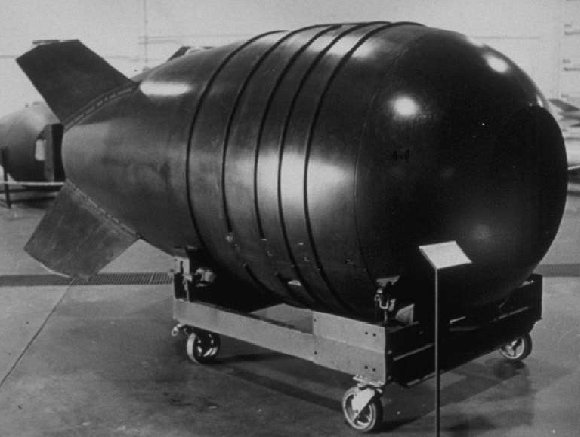
In the 1930s, a handful of brilliant physicists figured out how to coax apart a teeny atom of uranium to produce energy of unimaginable magnitude. The discovery would lead directly to the nuclear bomb and change warfare forever (again). Nuclear fission isn't all doomsday and destruction, however; love it or condemn it, nuclear power plants also rely on fission science.
Electricity
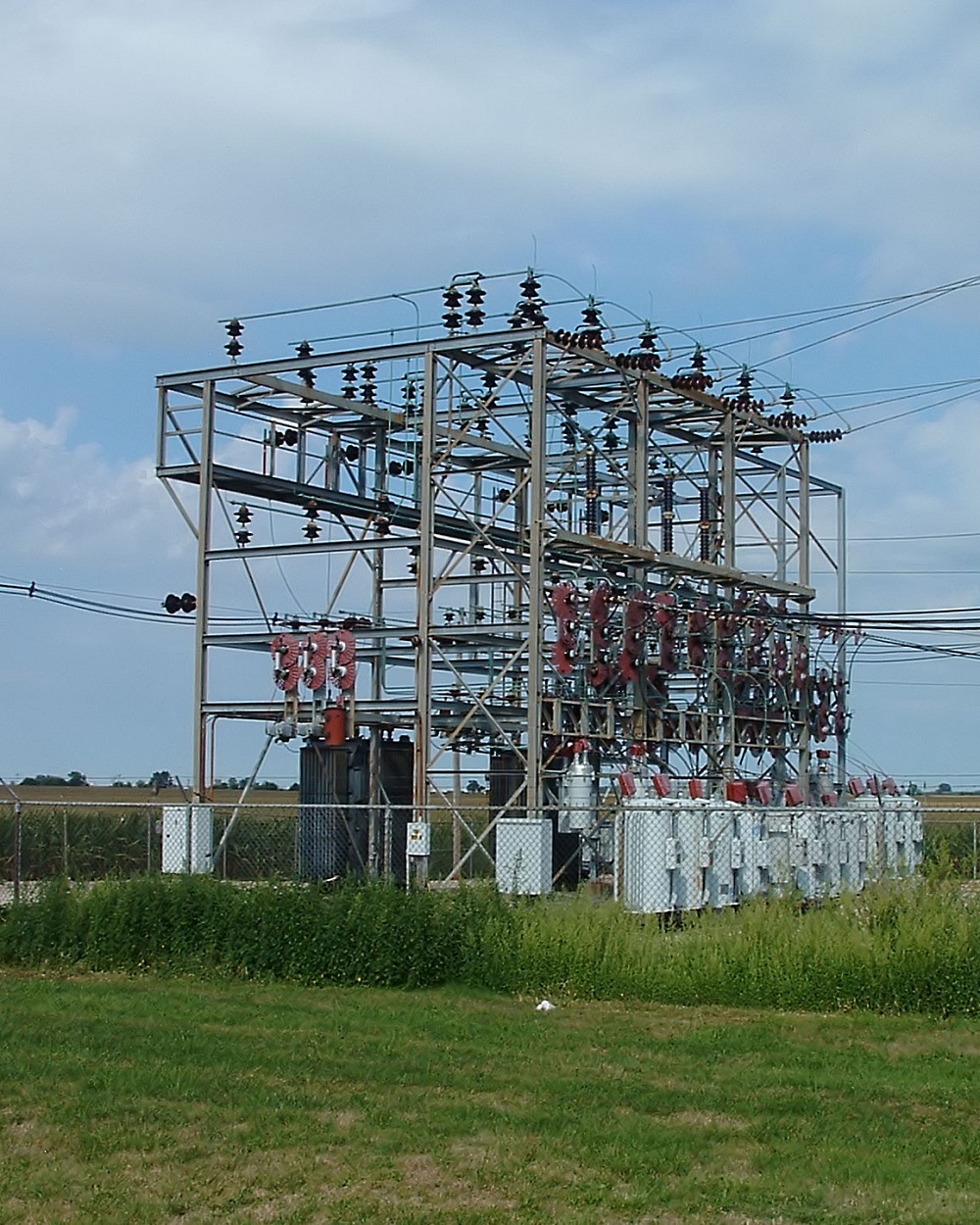
Nobody is certain about the whole key, kite and lightning story, but Benjamin Franklin was part of the team effort to unravel the mystery of electricity in the 18th century, along with other great minds such as Edison, Tesla and Volta. The shift from the era of mechanization saw power become instant and easy to access.
The Microprocessor
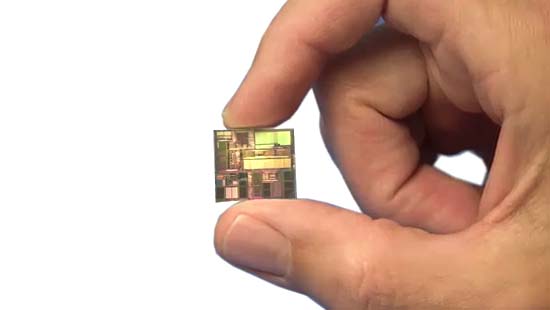
Once upon a time, an entire room was necessary to house one computer no more powerful than today's typical laptop. We live in a different era now thanks to the microprocessor (or CPU), that tiny beating heart of your desktop or laptop that just keeps getting smaller at the same time its gets more powerful.
X-Rays

Tell someone plucked from the past that you can look right inside the body without cutting it open and you'd be branded a wizard. X-ray technology had an enormous impact on the field of medicine right from its beginnings in the late 1800s, illuminating the diseases and disorders that lurked beneath patients' skin.
Rubber
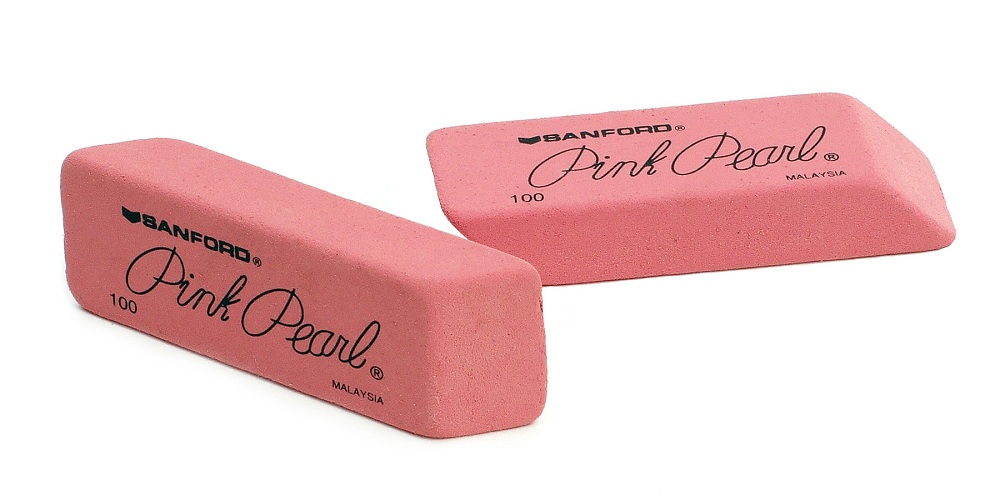
It drips from a tree like maple syrup, but the gooey liquid known as latex is much more important than the sweet stuff you pour on pancakes. The product was a mere curiosity when first discovered in the New World by European sailors, but became a hot commodity with the advent of the car. The automotive industry now uses nearly 70 percent of the world's rubber supply.
Iron Smelting
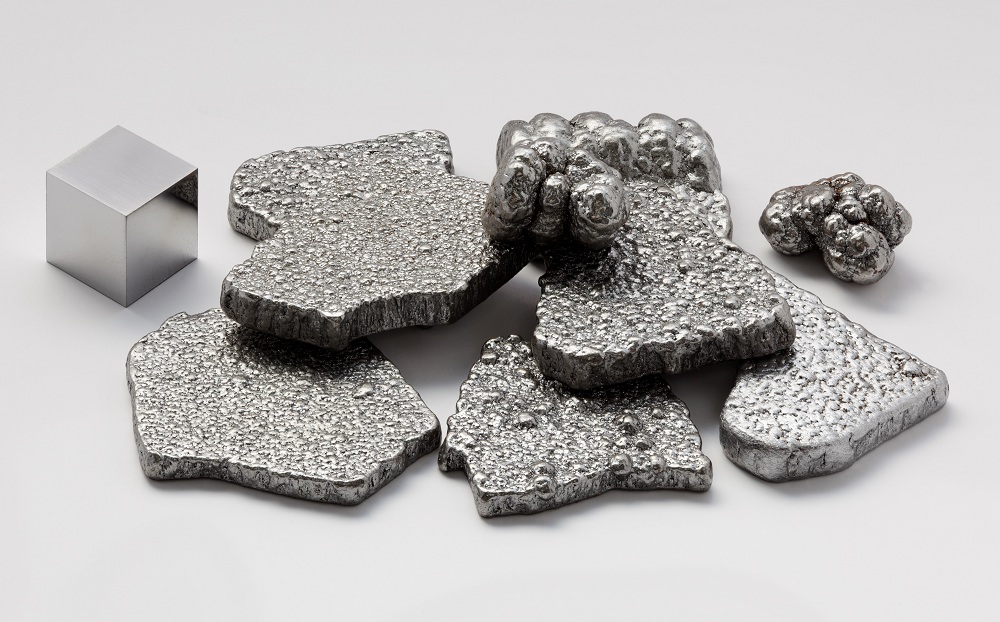
The Iron Age began at different times all over the globe starting around 1200 BC and, when it did, brought major changes to every day life. Both farming and war became easier with better tools. As a widely available ore across the ancient world, it also made trade less of a necessity and settlements more independent.
Gun Powder

Imagine the alchemist's surprise when a compound he mixed searching for eternal life nearly killed him instead! Chinese scientists first combined sulfur, saltpeter and charcoal in the 8th century and it wasn't long before someone thought to turn the mixture into a weapon. Warfare would never be the same.
The Magnetic Stripe Card
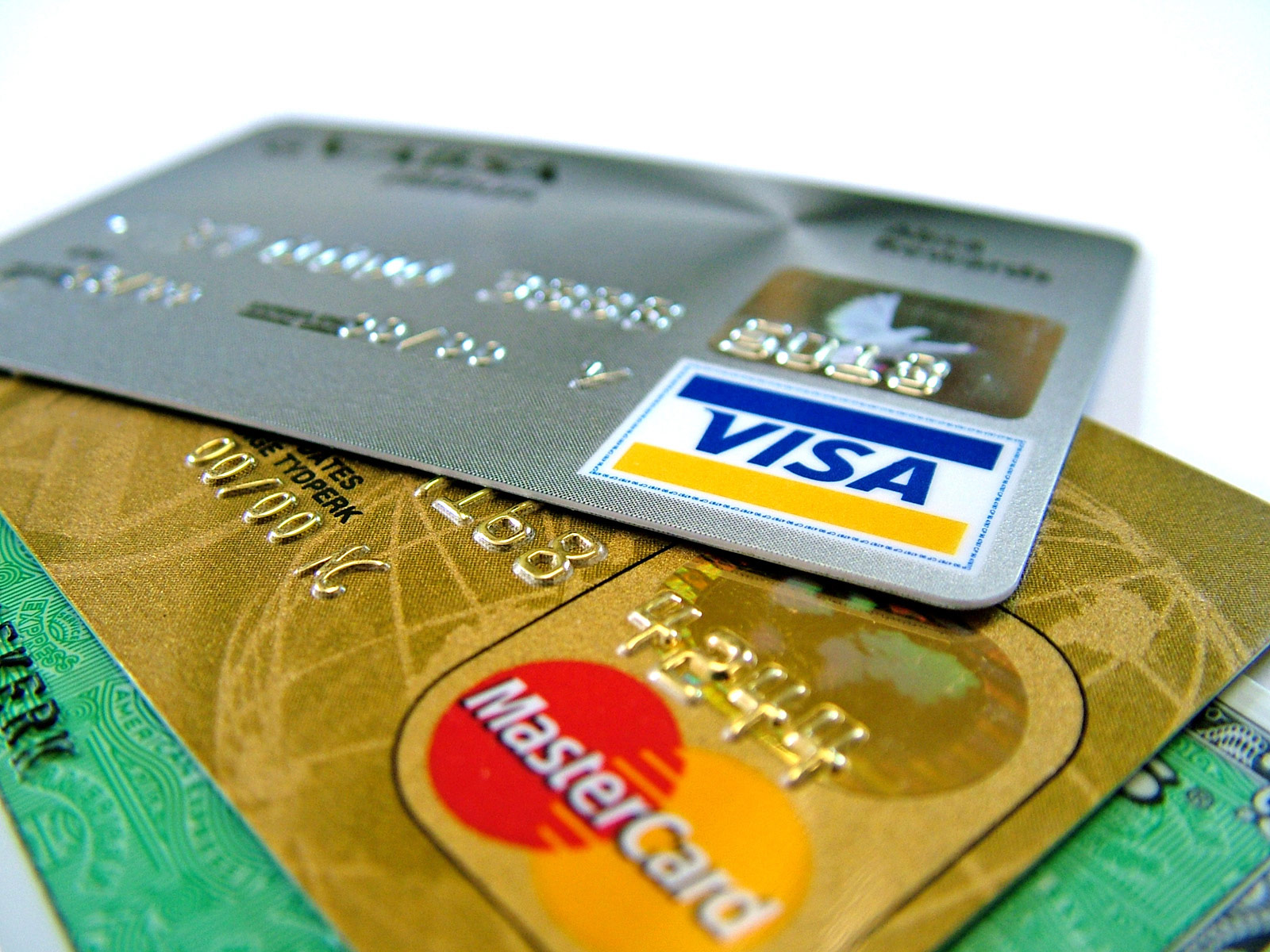
It's hard to imagine banking, shopping or traveling without the swish-swipe of a plastic card. Invented by IBM in the 1960s for a security system commissioned by the U.S. government, the strip relies on data encrypted in the form of tiny magnets. It is now one of the most universal technologies on earth.
Sign up for the Live Science daily newsletter now
Get the world’s most fascinating discoveries delivered straight to your inbox.


